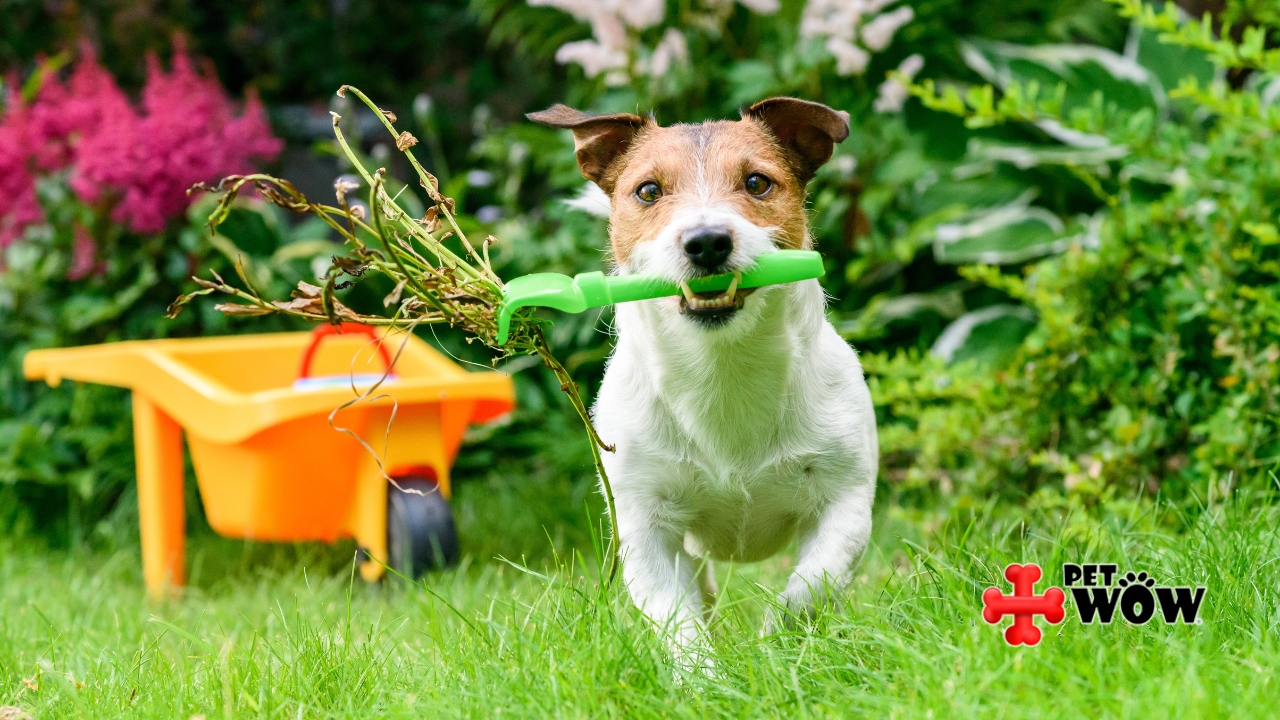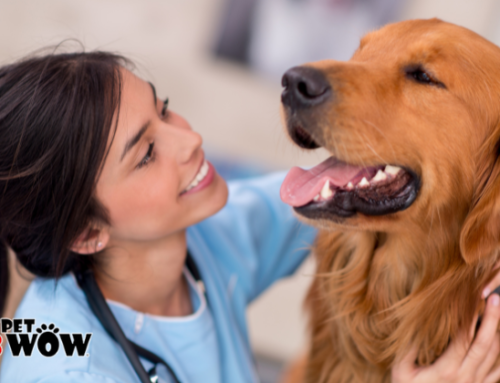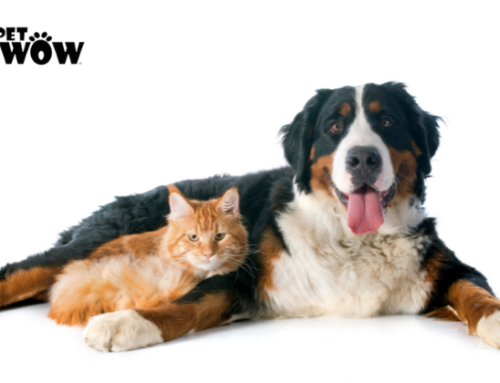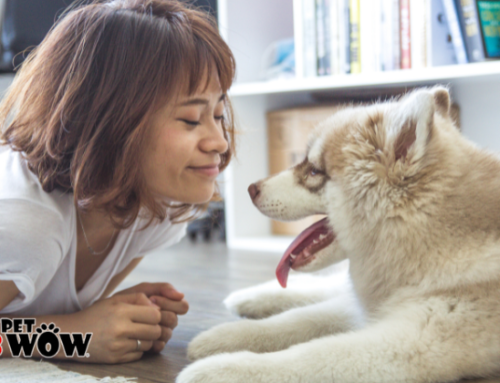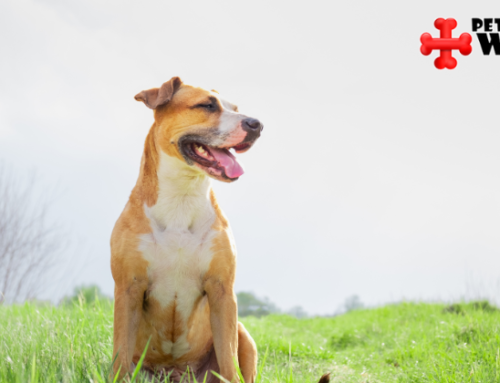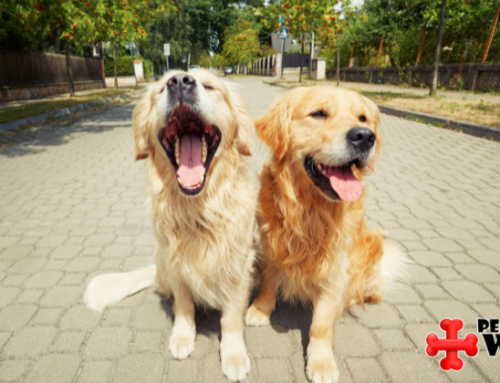Having a garden is a wonderful way to enhance your outdoor space and enjoy the beauty of nature. As pet owners, it’s important to create a safe environment for our furry companions, including being mindful of the plants we choose for our gardens. In this article, we will explore common garden plants that can be toxic to pets and provide insights on creating a pet-friendly garden space.
Common Garden Plants Toxic to Pets
While many garden plants are safe for pets, there are several common varieties that can be harmful if ingested. Lilies, azaleas, and tulips are just a few examples of plants that can cause toxicity in pets. Lilies, especially those of the Lilium and Hemerocallis species, can be extremely toxic to cats, leading to kidney damage and even organ failure. Azaleas contain toxins that can affect the cardiovascular system, causing symptoms such as drooling, vomiting, and diarrhea. Tulips contain substances that can irritate the mouth and gastrointestinal tract, leading to digestive upset.
Pet-Safe Alternatives for the Garden
Fortunately, there are many pet-friendly plants that can be used as alternatives in your garden. Marigolds, sunflowers, and catnip are just a few examples of plants that are safe for pets and can add beauty to your outdoor space. Marigolds are vibrant and attractive flowers that are non-toxic to pets. Sunflowers, with their bright blooms, can be a cheerful addition to your garden and are safe for pets to be around. Catnip, a favorite among cats, is a safe and stimulating plant that can provide entertainment and enrichment for your feline friends.
Creating a Pet-Safe Garden
To ensure the safety of your pets in the garden, it’s important to take some precautions. Proper fencing and containment can help prevent access to harmful plants. If you have plants that are toxic to pets, consider using raised planters or sectioning off areas to keep pets away from them. Secure garden beds and consider using barriers such as fences or netting to deter pets from digging or trampling sensitive plants. By creating designated areas and ensuring that pets cannot roam freely in potentially hazardous areas, you can have peace of mind while enjoying your garden.
Recognizing and Responding to Plant-Related Pet Emergencies
Despite our best efforts, accidents can happen, and it’s important to be prepared in case your pet comes into contact with a toxic plant. Educate yourself on the signs of plant toxicity in pets, such as vomiting, diarrhea, excessive drooling, lethargy, or changes in behavior. If you suspect that your pet has ingested or come into contact with a toxic plant, it’s crucial to take immediate action. Remove your pet from the area and contact your veterinarian for guidance. They will be able to provide you with specific instructions on what steps to take and whether further medical intervention is necessary.
Work with PetWow for Pet Care
As you strive to create a pet-friendly garden and provide a safe environment for your pets, remember that you don’t have to navigate this journey alone. PetWow, a trusted pet care provider in the Northern Kentucky-Greater Cincinnati area, is here to support you every step of the way.
If you’re in the Northern Kentucky-Greater Cincinnati area and need assistance with your pet’s veterinary care, grooming, or any other pet care services, don’t hesitate to reach out to PetWow. We are here to support you and provide the highest level of care for your cherished companions. Contact us today to schedule an appointment and experience the PetWow difference.
For more pet care tips, follow us on Facebook, Twitter, Instagram, Pinterest or LinkedIn!

